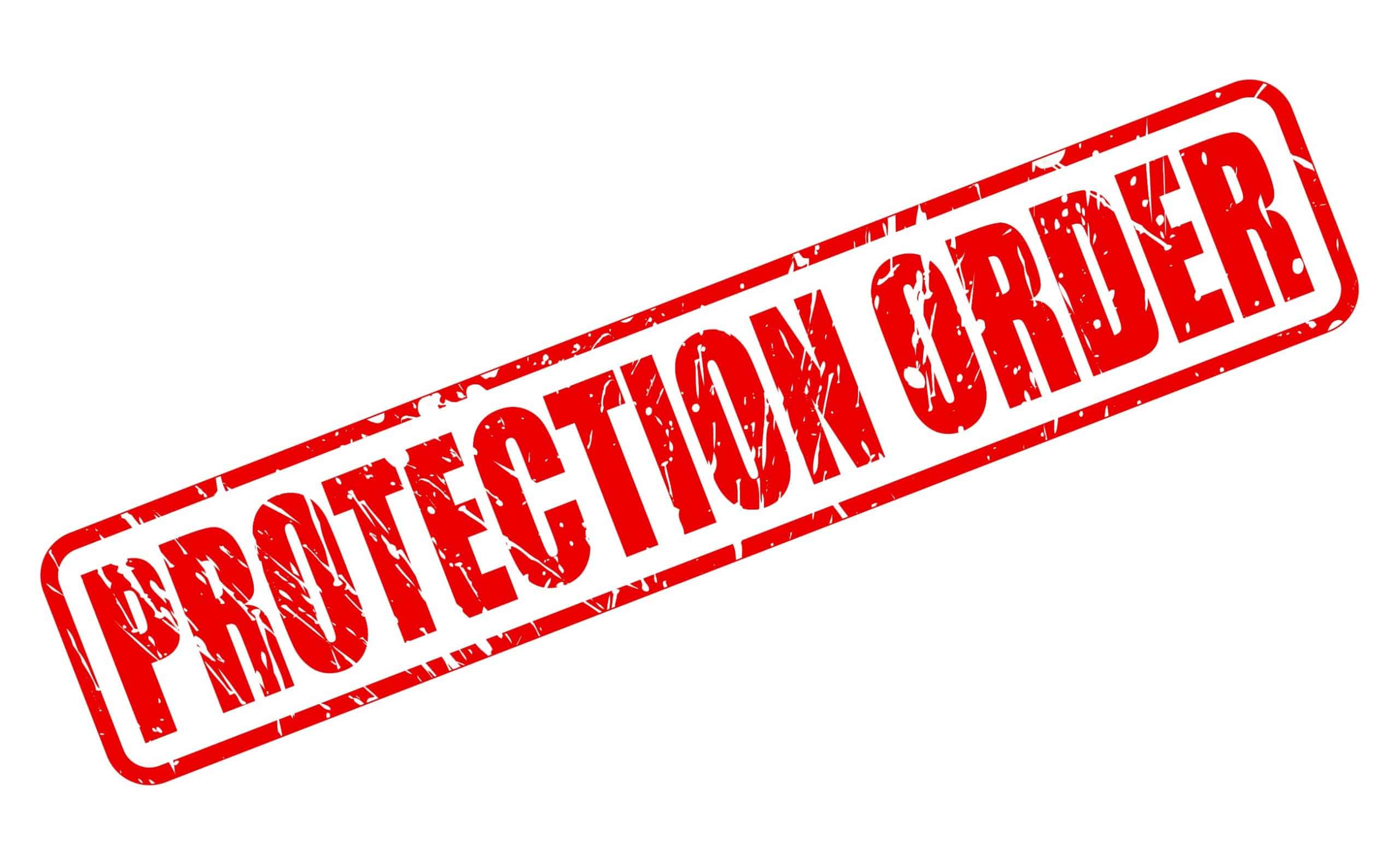How Does a MN Order of Protection Restrict Your Rights?

Andrew & Poole, P.A.
In Minnesota domestic violence cases, orders of protection are typically used to protect the victim from the person accused of committing the domestic violence against them. If the victim feels they are being threatened or may suffer actual abuse, they petition the court for an order of protection.
A hearing is then held where the court decides if the case warrants an order of protection. If they decide that it does, then an order is issued. And while this order serves to protect the victim, it takes away certain rights for the accused that are important to understand.
Here is what you need to know about orders of protection in Minnesota and how, if you are named in one, it can serve to severely limit you in several aspects of your life that you may not have anticipated.
What Does a Minnesota Protective Order Do?
In Minnesota, protective orders are issued to protect people from abusive partners, but they can also be granted to protect them from others who may try to bring them harm. An adult can ask for an order of protection if they’ve been the victim of threats of abuse or abuse.
Often, general protective orders, also called ex parte orders, are granted by the court in both the short and long term.
It’s important to note that protective orders themselves are not criminal cases, though they may come from criminal matters. The matter of the order itself is handled by the family court.
If police are called to a scene for domestic violence, they may have to start a criminal matter separately from an incident that sparks a protective order, since it is illegal to threaten to hurt or actually hurt other people.
Who Can Get an Order of Protection?
In Minnesota, anyone who is a family or household member who has experienced violence or threats at the hands of another in their family or household can ask for an order of protection. This typically includes people such as:
- Spouses or former spouses
- Anyone who is or has been involved in a sexual or romantic relationship
- Anyone related by blood
- Anyone with whom you share a child
- Anyone with whom you cohabitate or have cohabitated
- Parents and their children
If a person feels threatened by someone outside of their household, such as a neighbor or coworker, then they usually must apply for a harassment restraining order and not an order of protection.
What Rights Can Be Restricted?

If you are subject to a protective order, then certain legal rights may be restricted for a time. Temporary protective orders are usually good for a period of one year, but they can be extended. If you are under an order of protection, then it can legally stop you from taking these actions:
- Contacting the victim in any way, including through text, by phone, by email, or in person
- Contacting the children of the victim, particularly if it is alleged that the children are also victims
- Going to the place of business or workplace of the victim
- Abusing, threatening, or harassing the victim at any point
- Possessing a firearm while the order of protection is in effect
Minnesota takes domestic violence very seriously, and if an order of protection is violated in any way, then it can mean additional criminal charges. That’s why having an attorney on your side can help you to avoid these extra charges.
About the Author:
Andrew T. Poole is a Minnesota native who has served in the Army for more than 18 years and is currently a JAG lawyer in the Army Reserves in addition to serving as a partner at LaCourse, Poole & Envall. He has handled thousands of criminal and family law cases over the course of his career and has a firm belief that all hardworking Minnesotans should be entitled to the best possible legal counsel. Mr. Poole boasts a 10/10 Superb rating on Avvo, is Lead Counsel rated, and has been recognized multiple times by SuperLawyers, National Trial Lawyers, and others for his work.
















